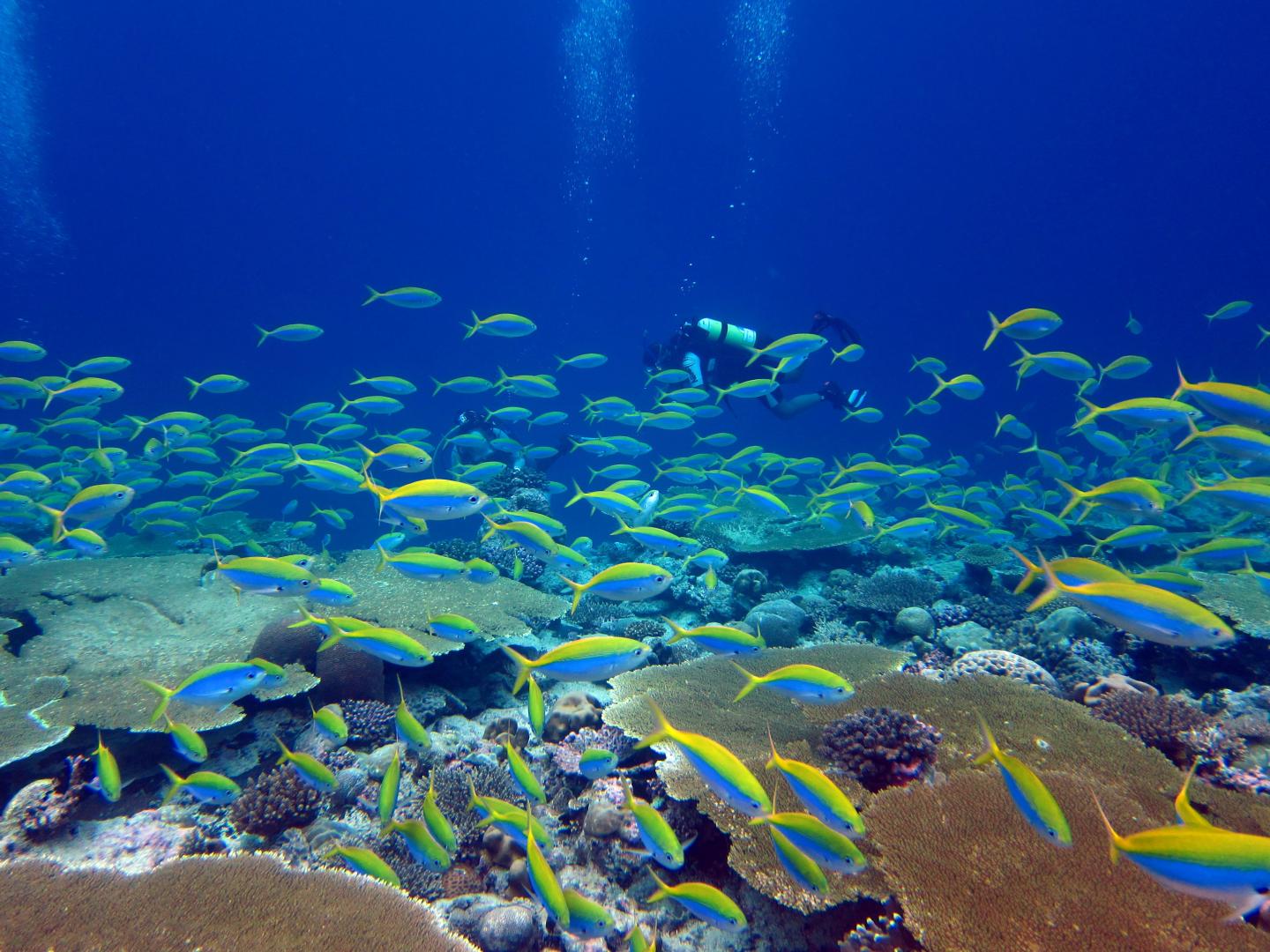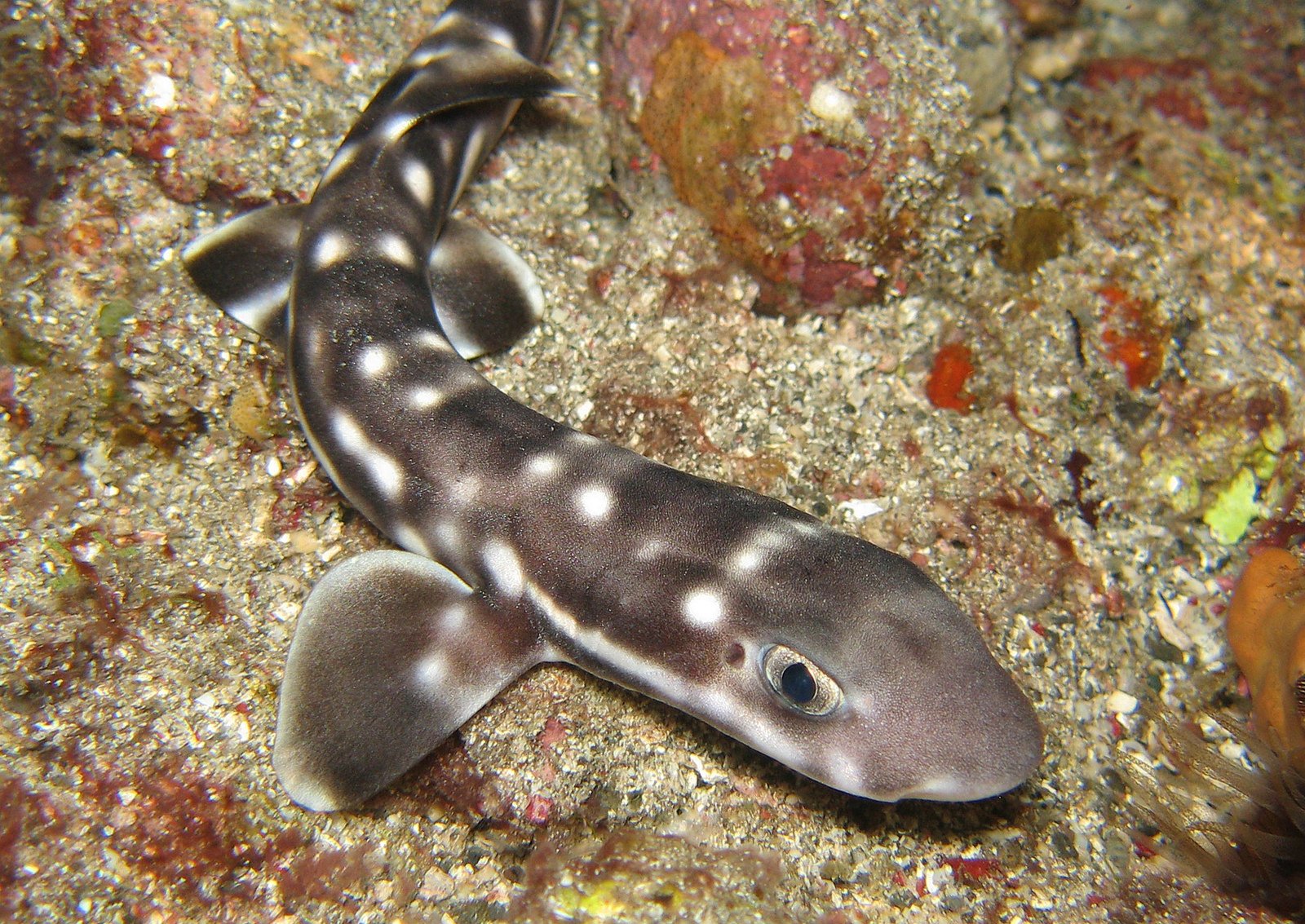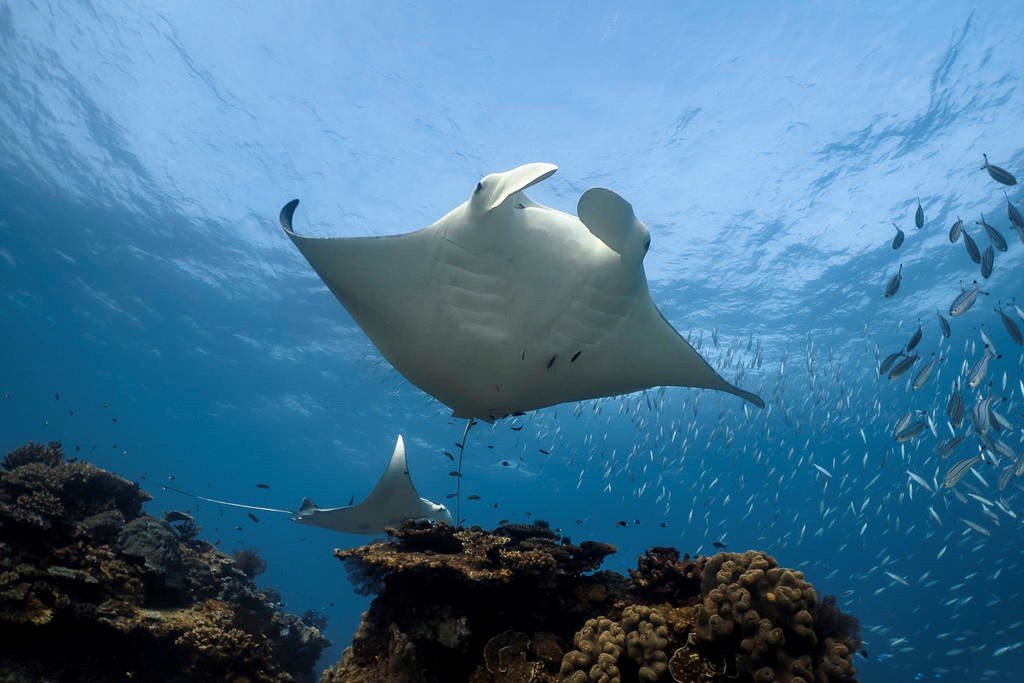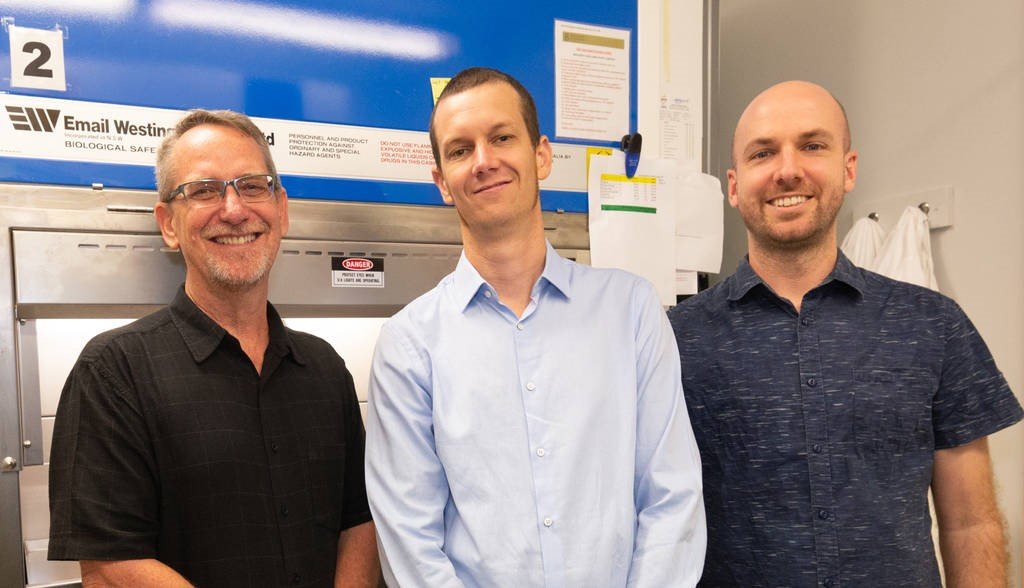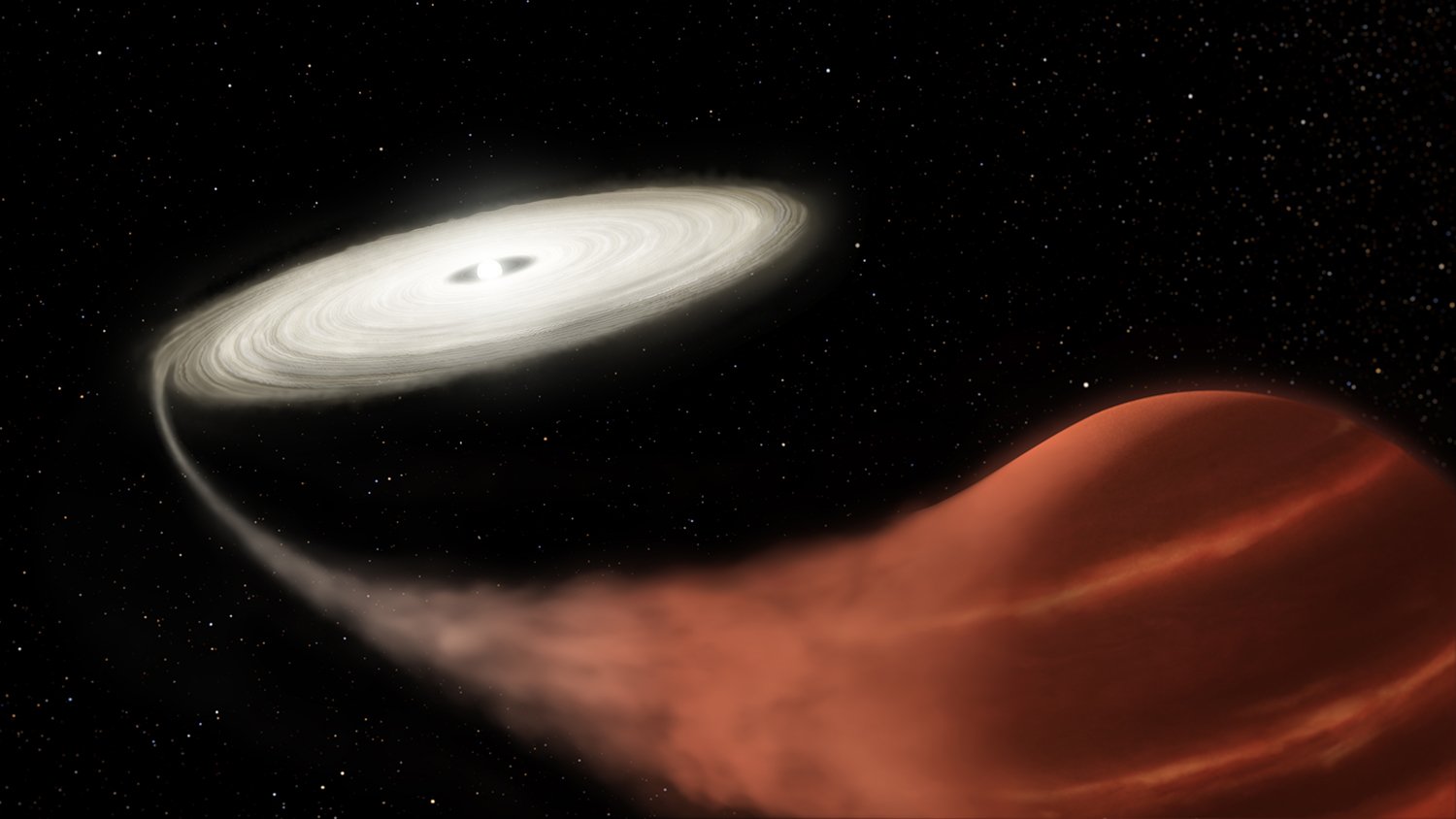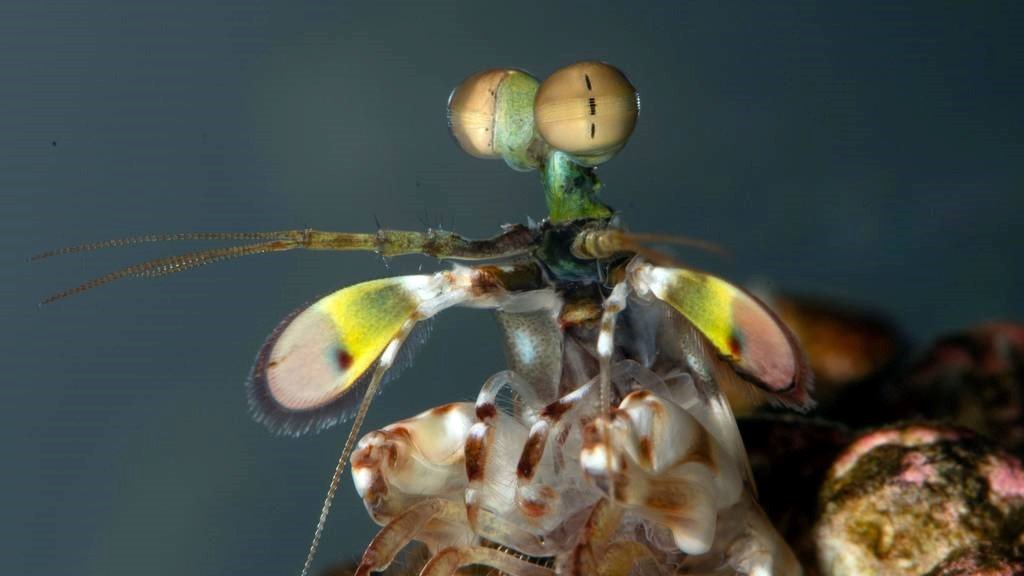Genomics experts dispute nine genes linked to congenital heart condition
Geneticists and heart specialists around the world had previously reported 17 genes to cause long QT syndrome, a little-known inherited heart condition. However, the Clinical Genome Resource’s (ClinGen) expert panel has critically reevaluated the scientific evidence for all 17 reported genes, disputing nine of the genes and revealing only three of the genes to be definitively … Read more

